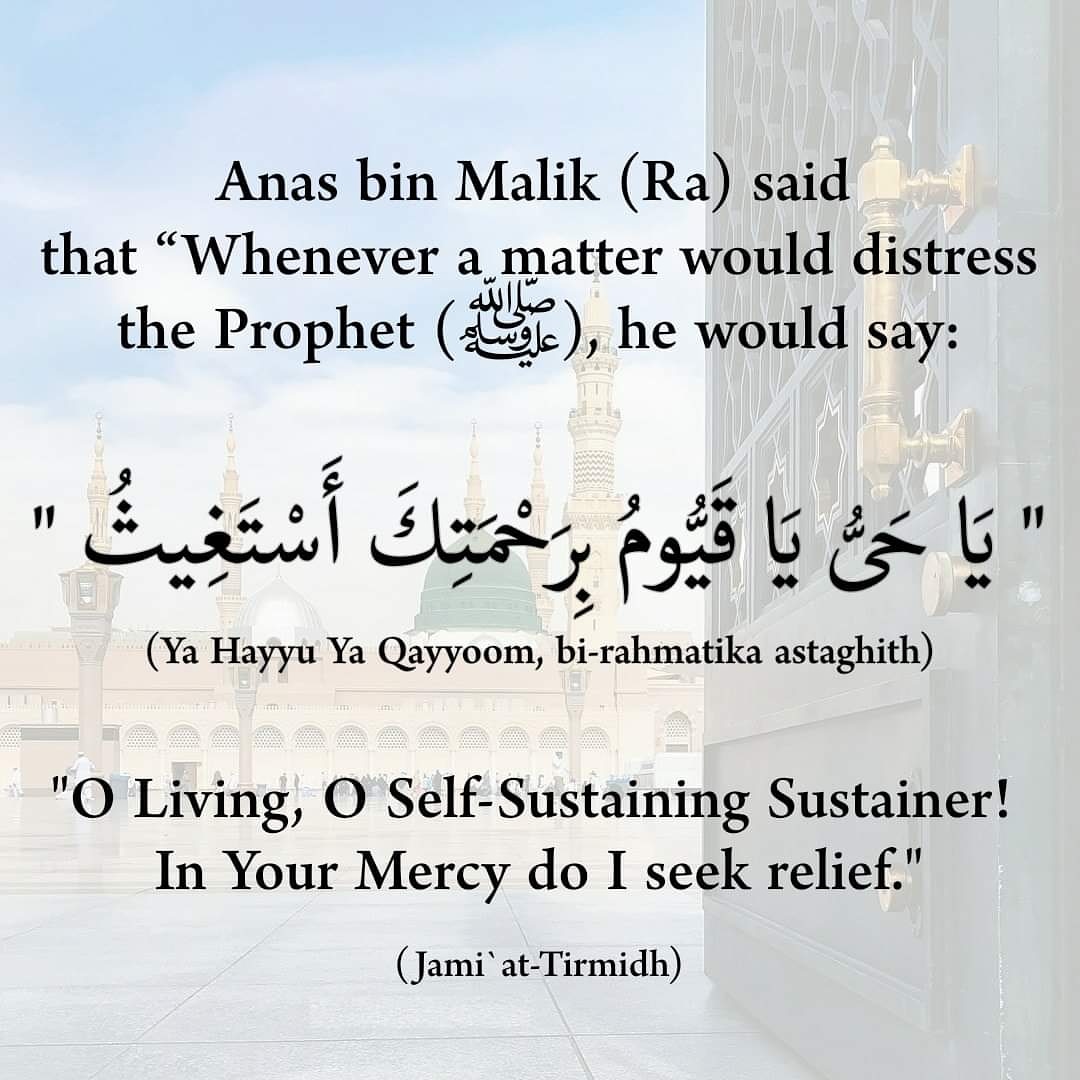Hajar — wife of Prophet Ibrahim(عليه السلام) and mother of Prophet Isma’il(عليه السلام)— was chosen by Allah to endure one of the hardest tests in human history.
If you’ve ever felt abandoned… if you ever questioned Allah’s plan… if you ever cried thinking, “Why does it feel like Allah left me?” — her story is your story.
Imagine this. A woman. Alone. In the middle of an actual desert. No food. No water. No shade. Just her… and her newborn baby. And her husband walks away.
Pause right there. Any one of us would break. Any woman today would scream. Any God-fearing man would collapse.
But Hajar… she only asks one question:
“Did Allah command you to do this?”
Ibrahim says yes. And she replies— “Then He will never abandon us.”
That’s it. No panic. No accusations. No meltdown. Just raw, pure, unshakable tawakkul.
But here’s the part most people miss— she didn’t sit down waiting for help. She didn’t say “I trust Allah” and then do nothing. She got up. She ran. She climbed Safa. She looked… nothing. She climbed Marwa… still nothing. Back and forth. Seven times. Her baby crying. Her heart breaking. Allah could have sent water the moment she cried out. But He waited.
Why?
Because sometimes Allah waits…until your legs collapse but your heart still believes. Only when she had exhausted every human effort. Only when she had nothing left but tawakkul…Zamzam burst forth!
Not from the mountains. Not from the sky. Not from a river. From under her son’s tiny feet. Meaning—
The thing you are begging for, might already be beneath you! The solution may be exactly where you’re standing. Allah has already written your relief. He just wants your heart first.
And today? Presidents. Scholars. Workers. Students. Women. Men. Every race. Every language. Every status. All of us walk between Safa and Marwa.
Why?
Because Allah immortalized her desperation.
Her trust.
Her loneliness.
Her pain.
Her running.
Her tears.
Allah turned a mother’s panic into a ritual of worship until the end of time. He honored a woman’s heartbreak so much…that the whole Ummah copies her footsteps. That’s the honour women have in Islam that nobody even talks about.
Let me leave you with this:
Sometimes Allah puts you in a place where no one can help you…so that you witness with your own eyes that only He can. He exists. You witness His power. His mercy. You realize He actually is real.
And sometimes…the very ground you’re crying on can bring out a Zamzam just because Allah loves you.


